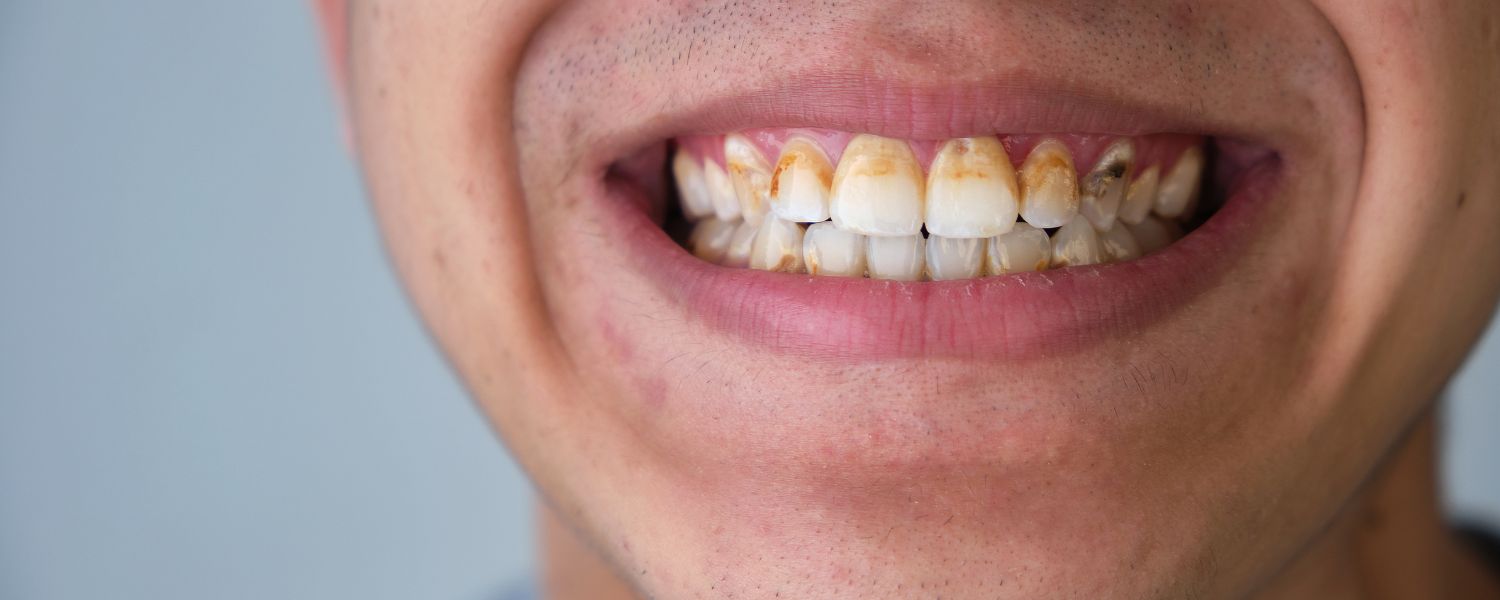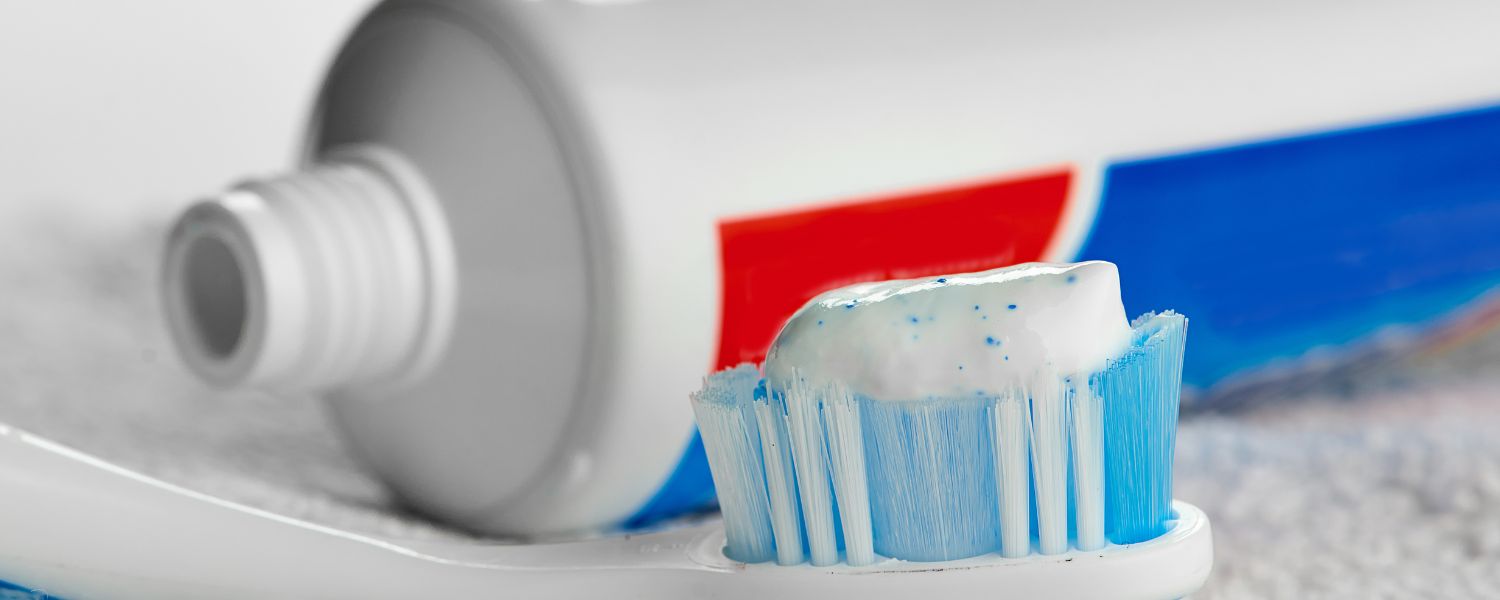Apart from keeping our teeth pearly white, oral hygiene is important for a number of other reasons, including our overall health, as one bad tooth can cause a variety of negative symptoms.
However, life gets in the way from time to time, and that regular visit to the dentist’s office tends to be skipped, and some nights you just don’t feel like flossing away for minutes on end.
In fact, only one in 10 Americans floss every single day, and while that number is devastating in terms of the general population’s gum and tooth health, it’s not surprising.
We all lead busy lives, and between work, family, and our other obligations, sometimes we just want to get things done as soon as possible, and flossing can begin to feel very tedious at this point.
That being said, our mouths are packed full of over 700 different kinds of bacteria, and keeping them in check is our duty alone, which is why we’ll do our best to get you up to speed on dental hygiene and what you should be doing.
Oral health is tightly knit with overall health

Before even understanding how your oral health can impact the rest of your body, you must first understand what exactly happens in your mouth as you consume food and drinks throughout the day.
Every bite of food you take creates a thin film of bacteria that covers your teeth, which is known as plaque, which quickly turns into tartar without proper care and can cause significant damage to your teeth and gums.
At first, this is classified as gingivitis and can be easily treated at your local dentist, but if left unchecked, that condition slowly deteriorates into a much more damaging one known as periodontitis which leads to soft tissue deterioration, bone loss, and eventually tooth loss if not treated properly.
Things would be fine if it stopped there though, as these illnesses can lead to an increased risk of heart disease, and studies have shown that serious cases of gum disease can nearly triple your risk of death if you’ve already been diagnosed with type-2 diabetes.
What you can do

Thankfully, we’re no longer stuck in the dark ages where maintaining your oral hygiene was practically impossible, and with easy access to high-quality brushes and toothpaste, you can offset these conditions almost entirely.
In fact, if you’ve previously suffered from gum disease or tartar buildup, some dentists recommend brushing your teeth an additional time after lunch, followed by some thorough flossing to really get the food particles out of the crevasses between your teeth.
However, not all bacteria in your mouth are bad, and lactobacillus, which makes up a large part of your oral bacteria culture, is one of your main lines of defense against gum disease.
Some people that previously suffered from gum disease or gingivitis even take supplements of this bacteria just to maintain their oral health.
One thing to add is that you should avoid acidic beverages at all costs, and if you absolutely must consume them, make sure you’ve brushed your teeth after.
Not all is lost

Despite all the dangers, our mouth is fairly resilient, and it takes barely an hour for it to return to its standard pH levels, which is barely enough for the effects of these detrimental bacteria to set in.
However, you should definitely avoid brushing your teeth immediately after drinking something like coffee or soda, and instead, you should first swish your mouth with some water before brushing, as toothpaste is packed with fluoride which can react to some of the acids found in these beverages.
If you don’t do this, you’ll practically be eroding your teeth every time you brush them, and with years of irresponsible toothpaste use, you’ll begin to feel the negative effects of your carelessness.
If you begin spotting tartar buildup in your mouth, it may be too late for home remedies, and you should contact your dentist right away to schedule an appointment.
Tartar should only ever be removed by a professional, as removing it can cause permanent damage to your teeth and gums if not done carefully, and even then you’re at risk of permanent consequences from the illness.
Final word
We’ve been taught from a young age that brushing our teeth is a staple every day, and it should be done several times, perhaps even after every meal if you’ve got the time to do so.
Pressing too hard with your toothbrush may cause tenderness in your gums, which causes them to bleed when you’re maintaining your oral hygiene, so maybe go a bit easier or purchase a softer brush to keep your gums safe and teeth clean at the same time.
Remember, you’re the best friend you’ll ever have, and making sure your health is in the best possible shape is your responsibility and no one else’s
